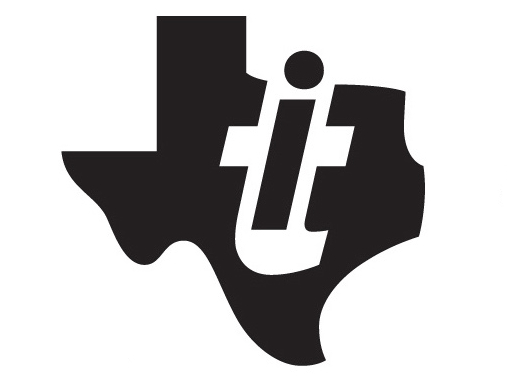New TI Chips Support Multi-Mode Wireless Charging
TI's next-generation wireless charging chips will support both the Qi standard and the PMA's new Power 2.0 spec.
Texas Instruments (TI) said on Monday that it is developing wireless charging chips that support multiple protocols. Products based on this multi-mode solution are expected to arrive later this year, the company said.
According to TI, these multi-mode wireless power integrated circuits (ICs) will support wireless charging using both current and future versions of the Wireless Power Consortium's (WPC) Qi standard, and the new Power Matters Alliance (PMA) wireless charging specification, Power 2.0. The Qi standard is already supported by more than 120 companies, and is the basis of TI's current chip on the market, the bq500410A.
"We are shipping wireless power circuits to most major handset makers. And those companies continue to develop phones that support WPC's Qi, which is currently the most mature and accessible design standard," said Sami Kiriaki, senior vice president of TI Power Management.
The Qi specification requires that a compatible device charge on a surface area of at least 70-mm by 20-mm via magnetic induction. This method doesn't require a wired connection, but rather a transmitter coil and a receiver coil to transmit power. A magnetic field that's generated by alternating current in the transmitter actually induces a voltage in the receiver coil.
TI also said on Monday that it plans to develop products that support the Alliance for Wireless Power (A4WP) magnetic resonance specification. The A4WP is a group of electronics companies that includes Samsung, Qualcomm and others who are focused on advancing spatial freedom in wireless power. That said, this spec takes a different approach to wireless charging.
Unlike the Qi spec which relies magnetic induction, the A4WP specification uses magnetic resonance to charge a device in close proximity: up to around 1.5-inches away, in fact. Thus a tablet or smartphone can be charged when placed next to a laptop sporting resonance charging capabilities without having to be seated directly on a charging platform.
"With A4WP and PMA entering the wireless power space, we naturally expect a need for multi-protocol solutions, and are prepared to address this need," Kiriaki added.
Get Tom's Hardware's best news and in-depth reviews, straight to your inbox.
For more information about TI's wireless power solutions, head here.

Kevin Parrish has over a decade of experience as a writer, editor, and product tester. His work focused on computer hardware, networking equipment, smartphones, tablets, gaming consoles, and other internet-connected devices. His work has appeared in Tom's Hardware, Tom's Guide, Maximum PC, Digital Trends, Android Authority, How-To Geek, Lifewire, and others.
-
digiex I want also my remote controller to be charged if I place it near the TV, also, my wireless mouse and keyboard if I place them near the computer.Reply -
InvalidError A chip that processes wireless charging is a pretty different story from a CPU that processes user input an data.Reply
Personally though, I would prefer to stick with the efficiency and simplicity of copper-on-copper connections. Just need to come up with more forgiving/abuse-tolerant connectors.
Such a connection can be as simple as putting one half of a pot-core on the power adapter (primary side winding and driving electronics) and embedding the other half in the device with control circuitry. The magnetic field between the two should be strong enough to line them up and hold them together once they are close enough. -
CaedenV awesome! I have wireless charging on my phone (Lumia 920 woot!), and it is something I would like to see in more devices. When I first got the phone I though it would be a gimmick, but when you get home and everything is dark, and your wife will kill you if you turn the light on, it is much nicer to just set the phone on a pad than to fish around for the cable and try 3-4 times to get it plugged in the right direction.Reply
It would be really nice to see this as a standard feature on things like console controllers as well. Just set it down, and it takes care of itself.
